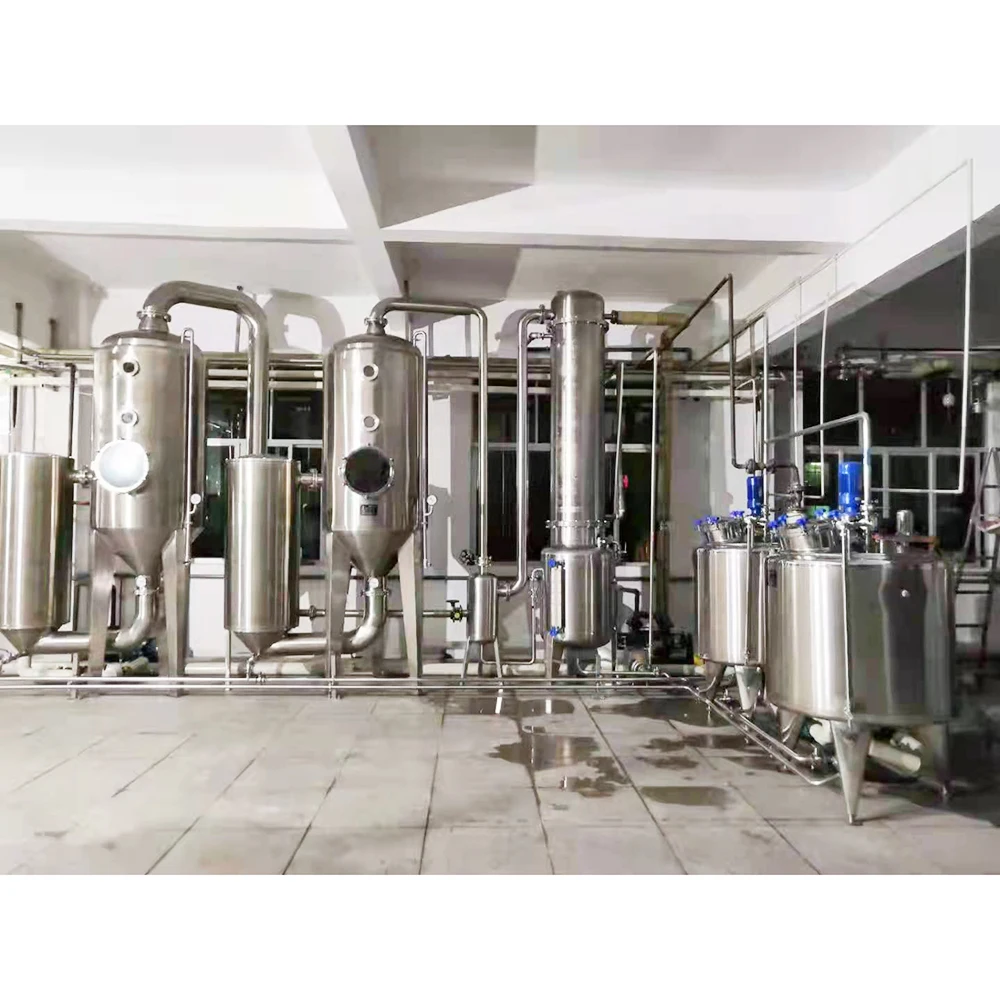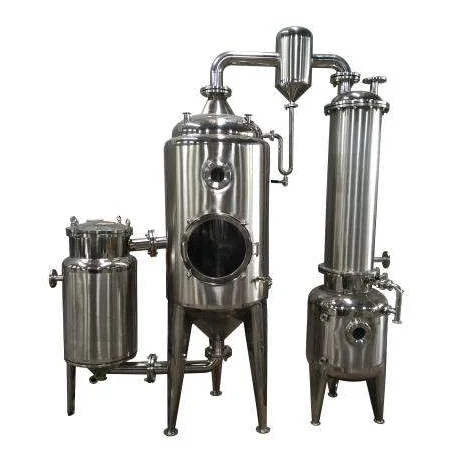ABOUT
Wenzhou Vince Machinery Science Co., Ltd. was established in early 1980s. Our company covers an area of 6500 square meters and is an independent legal representative firm, possessing rich economic technology strength. Our company is a high tech enterprise and plays an important role in national dairy, foodstuff, pharmacy and machinery industries. We are a beverage machinery supplier.
Since the establishment, our company has mainly engaged in dairy products, foodstuff, beverage machinery, bean products, yellow wine, medicines and fermentation projects. What's more, our company supplies a complete sequence services in manufacturing, installation, test and personnel train, as well as the whole direction service design and consulting service on product project construction or enlargement artistic distribution engineering sets budget.
The Essence of Beer Understanding the Mash
The Chemistry Behind the Mash
The mash is the heart of beer brewing, where the magic happens. It's the process of converting starches in malted barley into fermentable sugars, the fuel for yeast. The article explains the key players: enzymes, which break down starches; water, which provides the ideal environment; and temperature, which influences enzyme activity. By understanding how these factors interact, you can control the mash process and ensure optimal sugar production, ultimately impacting the beer's flavor profile.
Mashing Techniques: A World of Variations
The article explores a range of mashing techniques, each with its unique benefits and drawbacks. Single-infusion mashing, the most common method, involves holding the mash at a single temperature. Step mashing allows for greater control, with multiple temperature steps to activate different enzymes. Decoction mashing, a traditional technique, involves boiling a portion of the mash to activate specific enzymes. This exploration of various techniques empowers brewers to choose the best approach based on their desired beer style and resources.
Beyond the Basics: Factors Influencing the Mash
The article extends beyond the core mechanics of mashing, exploring factors that can influence the outcome. Water chemistry, the composition of the water used for brewing, can significantly impact the mash. The article explains how mineral content can affect enzyme activity and how adjusting water chemistry can enhance the overall mash process. Moreover, it emphasizes the importance of grain quality, highlighting the variations in starch content and other characteristics that can influence the mash. This comprehensive view provides valuable insights into the complexities of this vital brewing stage.
SUBSCRIBE
INQUIRY




